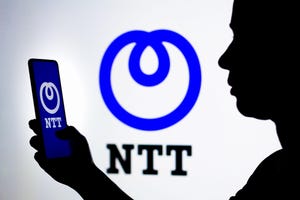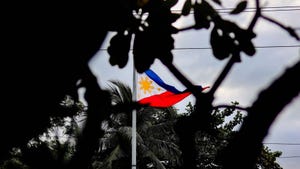News
3D illustration. Security padlock being broken for unauthorized access by computer hackers. LED screen being destroyed pixel by pixel.
Security
With $61M warchest, MVNO Cape to target securityWith $61M warchest, MVNO Cape to target security
Founded in 2022, Cape has raised $61 million in venture capital so far. The company plans to launch a nationwide MVNO through UScellular, focusing on security services for the premium market.
Subscribe and receive the latest news from the industry.
Join 62,000+ members. Yes it's completely free.








































.jpg?width=300&auto=webp&quality=80&disable=upscale)










